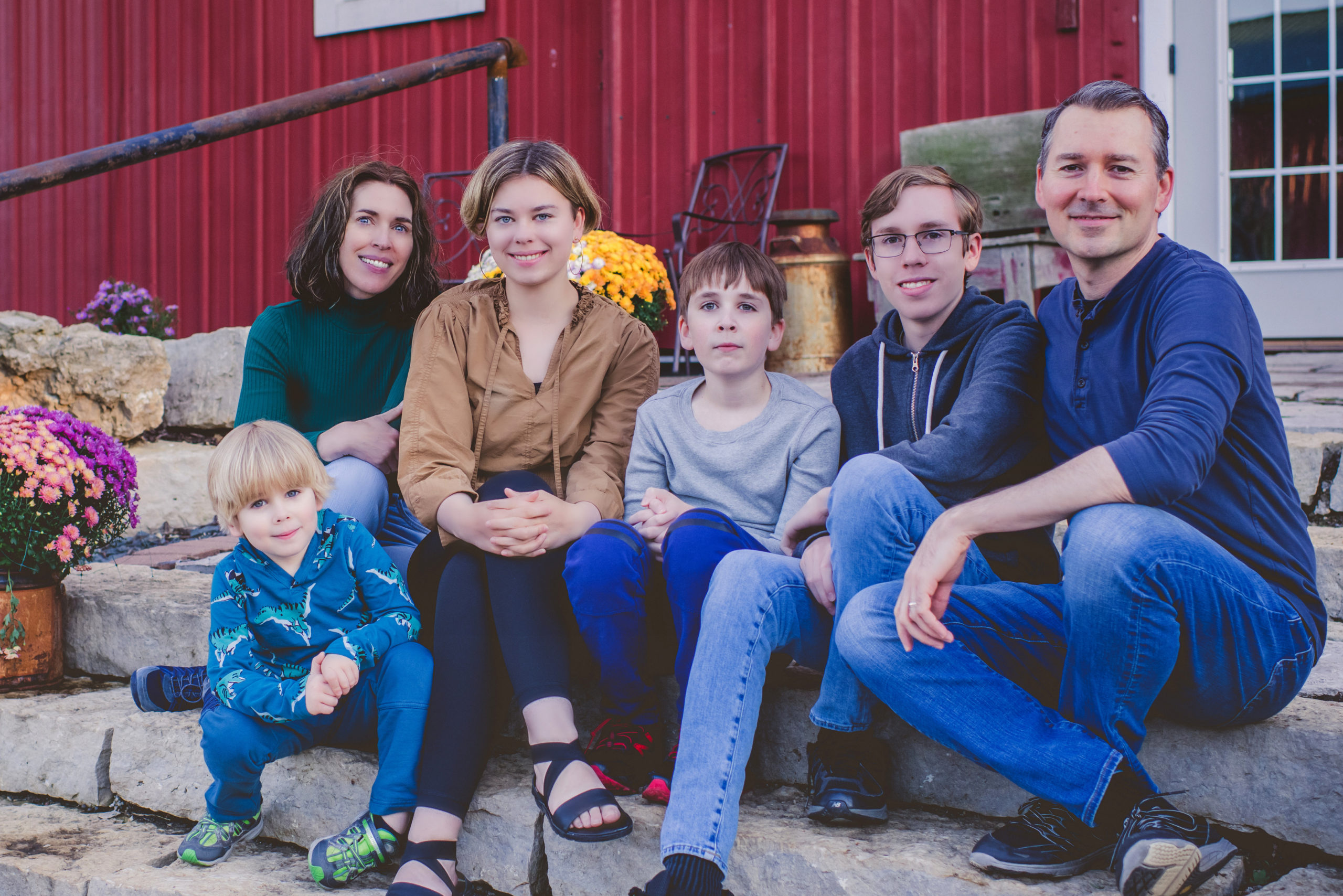
Moms over 40: Don’t sleep on your health habits
“I’m not ready. I can’t do this,” I told the midwife just before the birth of my fourth and final baby. I wanted to turn back, similar to what my mom said before giving birth and the nurse told her, “Honey, you should have thought about that nine months ago.” I got something much better. My wonderfully wise midwife simply said: “It’s time. You’re ready. You can do this.” Those three simple sentences made such a difference. She knew, not by monitoring a screen or even examining me, but by being with me, watching me and reading my face.
This time, my face was 41, and things felt completely different than when I gave birth at 25, 31, and 36. I no longer had that innocence, and was no longer filled with ideas of how things should be and the energy to make it happen, (or so I thought). I was in midlife momhood.
Forty can feel like anything and everything. Some women even feel better at 40 because they’ve learned how to take care of themselves. You may still have days flush with estradiol that make you feel like you’re 20 again. But it’s also the age when an “old” version of yourself begins coming into view. It can feel like everything familiar is on the cusp of disappearing, beginning with your fertility. For me, this maybe-baby turning point led to my last pregnancy and child being born. It was a last stop on a path toward more inevitable change.

My early 40s were pretty easy. I spent them in a brain cloud of pregnancy and nursing hormones. The baby was a perfect, built-in buffer against what surprisingly became my more difficult role — parenting a teenager, along with two in-between. Then, I found that just one “Quiet, the baby’s sleeping” would silence the cacophony. An, “I can’t come right now; I’m changing a diaper,” usually worked to reroute the unnecessary requests that could and should be completed by the person asking. And my husband and I could feel like we were on a date when we ran errands with the baby, took him on a walk, or on any of those rare times when the others were elsewhere. Our private conversations were actually private. It felt somewhat like a honeymoon.
When the teenage years rear their ugly head
But like all good things, it didn’t last forever. I’d already learned that the early years of being a parent are just one hurdle with many to follow — and they grow steeper just as you grow older, more tired and are often less supported. Soon, my periods came back with a vengeance. Then, the baby grew into no-napping and tantrum-having. The demands, stress, and costs of parenting the older ones kept notching higher and higher. And during the ebbs and flows of midlife momhood, taking care of yourself becomes super challenging because nothing in your life is really about you anymore.
When you’ve got young kids, your name is “so-and-so’s mom” and your identity is hidden behind the glare of a windshield in the school pickup line. If you miss anything within your kid’s schedule, it feels like the end of the world, but your own doctor’s appointment that you’ve put off, canceled, and never got around to rescheduling, is forgotten. How can you prioritize anything for yourself that lacks immediacy?
I’ve found that ignoring my own needs became the default during the intensity of my kids’ teenage years, and I had serious nostalgia for those mom-of-young-kid days, when everything seemed simpler. Before the kids became skilled debaters with outsized vocabularies and rapid fire brains. Before my “mom voice” became cringe-inducing. Before my conversations with them were through bedroom doors. Before the dirty dishes and laundry multiplied. Now, instead of the happy hormone oxytocin from hugs, I get a cascade of stress hormones exacerbated by spiraling financial costs.
And that’s when some serious self-doubt started to set in. Everything I thought about myself got challenged by my kids. And when they tell me things I don’t want to hear about myself … it really, really sucks. Because deep down, I sometimes know they’re right. While this presents an unexpected personal growth opportunity, I found that it made me start doubting everything about myself.
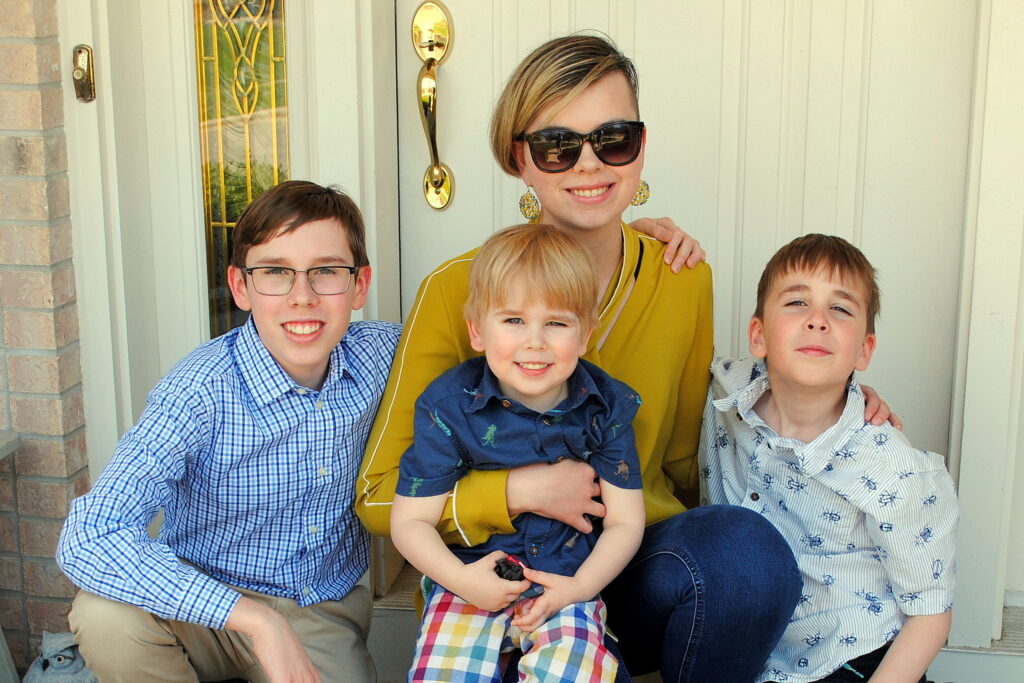
It’s not you, it’s perimenopause
I began feeling really vulnerable, not just because of everything going on in my life, but because lots of bodily changes were happening, too. This feeling is common with many women I know, and it’s not in our heads. Recent research has shown why our 40s are a critical time for our health, and our risk factors for disease begin accelerating. The bottom line is: How we care for ourselves in the decade leading up to menopause has an outsized impact on our later heart, bone, metabolic and functional health and well-being.
My own wake-up call was when I found out I was extremely anemic. After putting it off for an embarrassingly long time, I finally went to the doctor,. I’d experienced anemia before due to an iron deficiency, and was pretty sure I was in that same state: Looking pale and feeling blah. As a pharmacist, I knew I needed to see my provider. It’s important to find out what causes the anemia, and if it’s iron deficiency, then it’s important to know the reason for that too. Thankfully, anemia is usually not super serious, but untreated anemia can be, and it can even lead to heart problems. Realizing I might not be so lucky the next time, I committed to reprioritizing my health.
When’s enough, enough?
Change is never easy. My pattern for change is often: resist, resist, but when I reach the point that I get onboard with making changes, then don’t know when to stop. So when I decided to optimize my wellness, I sought out every single way I could improve my odds for solid health.
I listened to streams of wellness podcasts and book interviews, each claiming that they had the ultimate, scientific verdict on how to get and stay healthy. Each new piece of new information offered up a new magic solution, one often contradicting the next. (Spoiler: I never reached that perfect, unshakeable state of wellness that was made to seem like a practical goal but is more of a consumer marketing-driven fantasy.)

Wellness culture has always enthralled me. In junior high, I used my babysitting money to subscribe to Prevention, because I wanted secrets on how to stay healthy. I loved the hippie health stores that I occasionally shopped in during trips to the Chicagoland college town of Evanston, Illinois. And I still believe that staying informed is important, especially at an age when the stakes get higher and in an age when we’re asked to play a greater role in our own healthcare.
But as a consumer, there’s a saturation point where more information is unhelpful and maybe even harmful if it’s causing anxiety or taking up too much of your time. There’s a feeling of loneliness that comes along with obsessive wellness thinking. Feeling like your well-being is all on you. Thinking that if you’re unwell, then it must be your fault. The inequities that contribute to the growing health disparities, are too often not even recognized, much less addressed. I did find some useful habits, like warm-to-cold showers and hand grip exercises, but scrolling too much kept me in a state of anxiousness and from making the big change that was needed – prioritizing the essentials of self-care.
Midlife momhood is always a work in progress. Everything is always shifting and it’s never perfectly balanced. These are my notes to myself to help prioritize my health and wellbeing without getting lost in wellness culture. I hope they help other moms out there, too:

Remember, you need nourishing foods too
Prior to becoming anemic, I’d always feed myself last. Being tired and hungry, I often ended up eating low-nutrient-dense foods like cereal or toast. Of course knowing what to eat is the easy part – more vegetables, quality proteins, fiber, healthy fats, calcium-rich foods, less sugar and processed food, etc. But figuring out how to magically have the food you need to eat when you’re hungry; that takes planning.
Over the years I’ve learned to stop catering too much to my kids’ preferences over my own, choosing nourishing foods that I like and make me feel good; to prep vegetables right after shopping so they actually get eaten; to make soups that are versatile and last for days, using a dump-in-a-pot approach when in a hurry; and to have healthy(ish) prepackaged foods on hand when life gets crazy — the simpler the better.
Don’t use motherhood as an excuse to not take care of yourself
There are real barriers to healthcare access — but let’s be real, none of mine were valid. Shifting my priorities may mean disappointing someone or saying no to something — so what? That’s part of life. I’m also owning up to the fact that I used my busyness as an excuse to avoid things I don’t like doing. Even though I work in healthcare, I hate being a patient. The waiting. This sitting while a stranger scrolls through your weirdly worded problem list and family tree of risk. Feeling frustrated with only partially addressing a problem within the tightly blocked appointments. The whaaaat? bills that show up six months later. But I’m getting older, and my risks are going up — and there’s no superfood or health guru’s advice that can change that. I’d much rather find a problem earlier when it’s more manageable.
Modern medicine isn’t perfect, but au naturel is overrated
Yes, I had “natural” childbirth, and the simple presence of a supportive midwife meant so much, but behind that was all of the technology of modern medicine if it was needed. Au naturel is not always better. So, I keep my annual checkups, follow guidelines for cancer screenings and chronic conditions. And if I need a medicine or medical intervention, I’ll ask questions, weigh the pros and cons, and absolutely take it or do it if it makes sense.
Remember who you were when you were eight years old
Having fun creates balance. When you have fun, you feel good and want to take care of yourself. You’re also less likely to overthink and over do it. I had to go all the way back to when I was eight years old to remember a time when having fun wasn’t connected to some role or purpose. I put a picture of that little girl on my screensaver and tried to remember what she liked to do. I kept coming back to Hawaiian hula dancing, which I first learned at that age. I’m hula dancing again and re-learning how to simply have fun.
Best ’90s advice for midlife momhood: Get a life
Stepping back from being a caretaker is a drawn out, messy process. It’s not always clear when the best thing to say and do is absolutely nothing. If your whole life outside of work is your kids, having the perspective needed to navigate this transition is especially hard. I think this moment is a critical time to expand outward, and invest in your relationships, skills, interests and faith. But it’s not about the endpoint, it’s about the process of engagement. It’s not about the number of “friends,” but having meaningful and supportive relationships. It’s not about doing everything, but thinking about the kind of impact you want to have. It’s also a great time to deepen your relationship with your partner, beyond co-parenting. And in the end, you end up setting an example for your kids who learn way more from watching us live than listening to us talk.
In this phase of life, I sometimes feel like I did in those moments just before giving birth: “I’m not ready. I can’t do this.” But as I move through my 40s, I’m finding that with support from others and patience with myself, I have learned to parent myself. I can actually nurture myself the same way my midwife did for me that day years ago and tell myself, “It’s time. You’re ready. You can do this.”
Are you in the midst of a similar experience? We’d love to hear from you in comments below.
Sorry, the comment form is closed at this time.

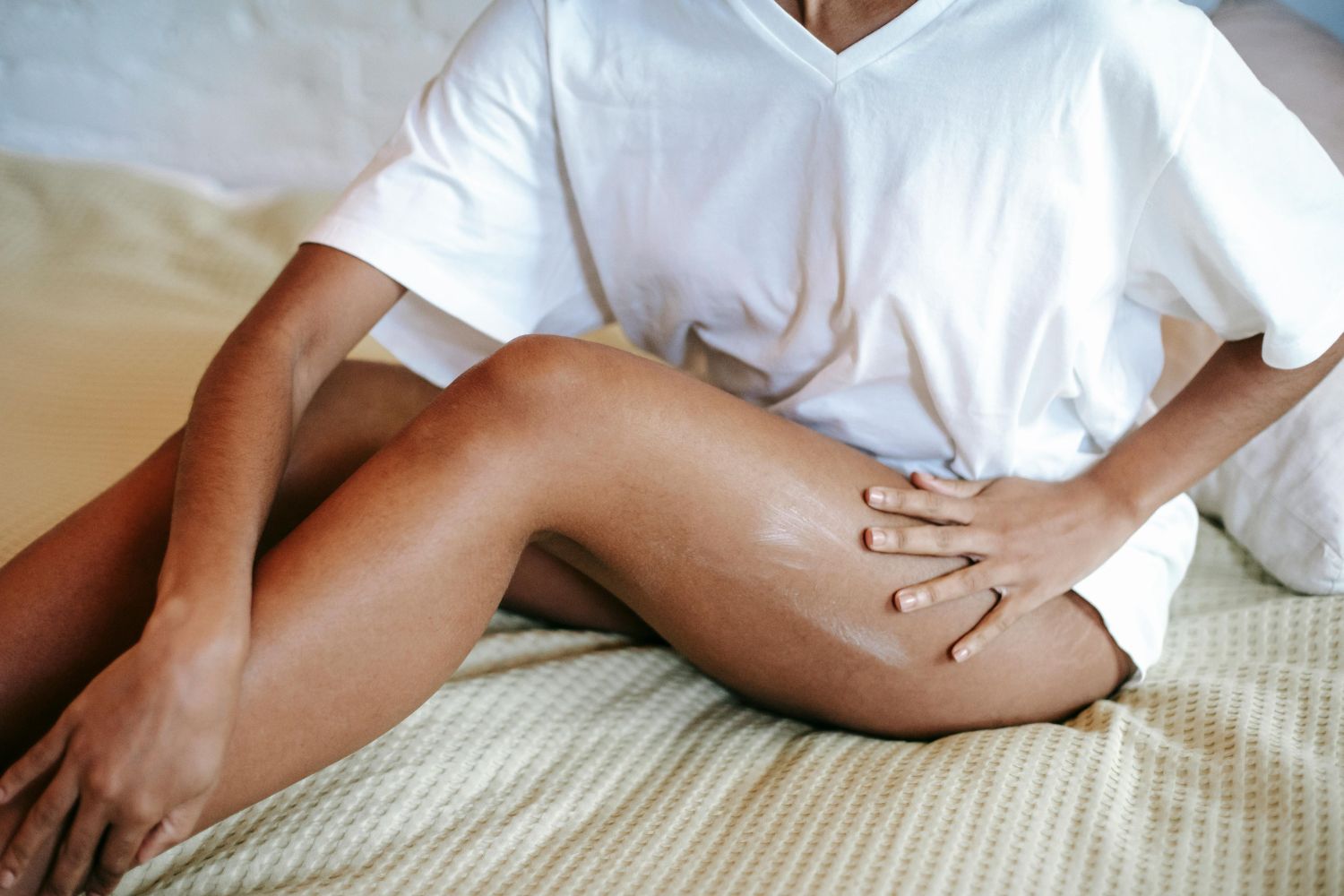
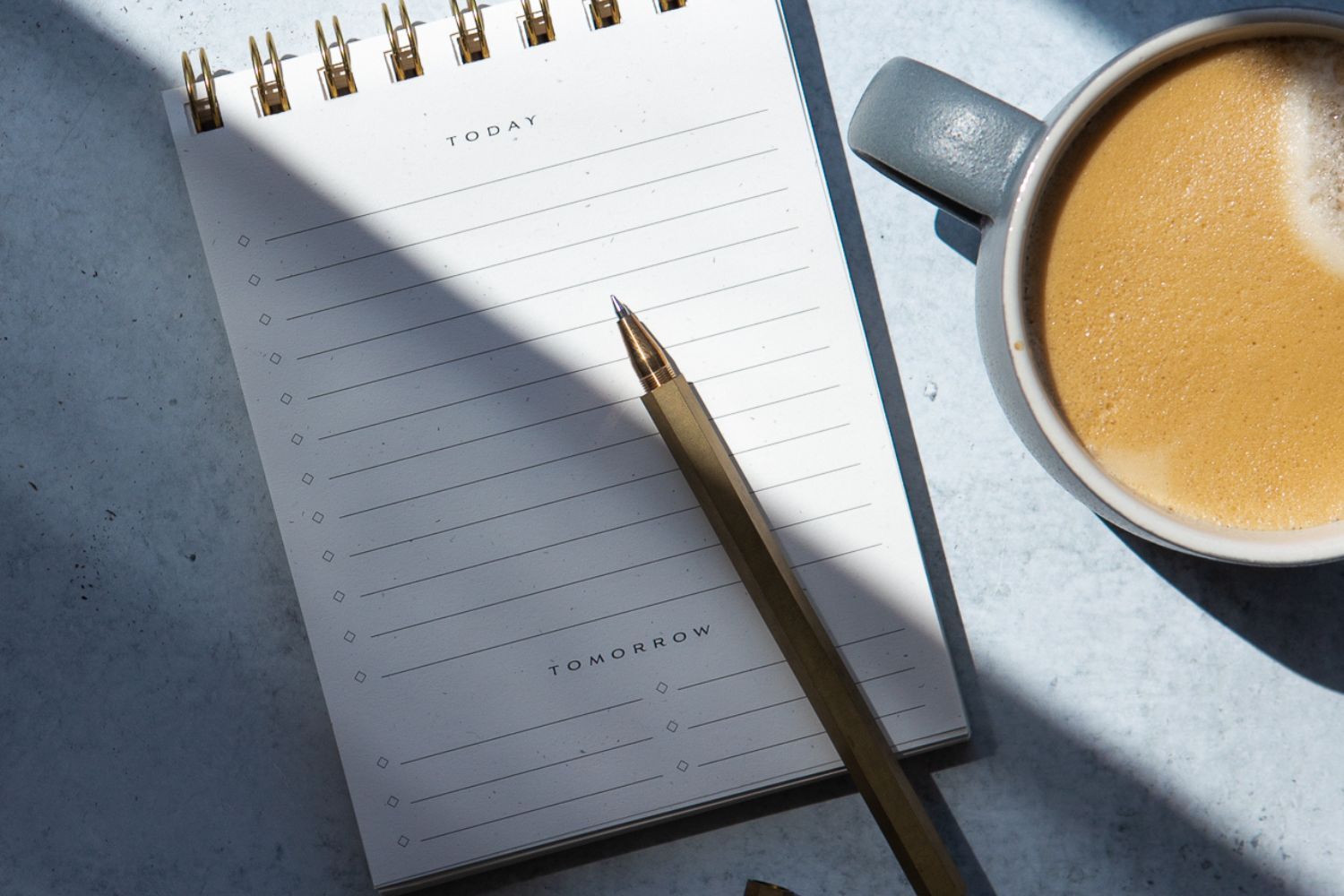
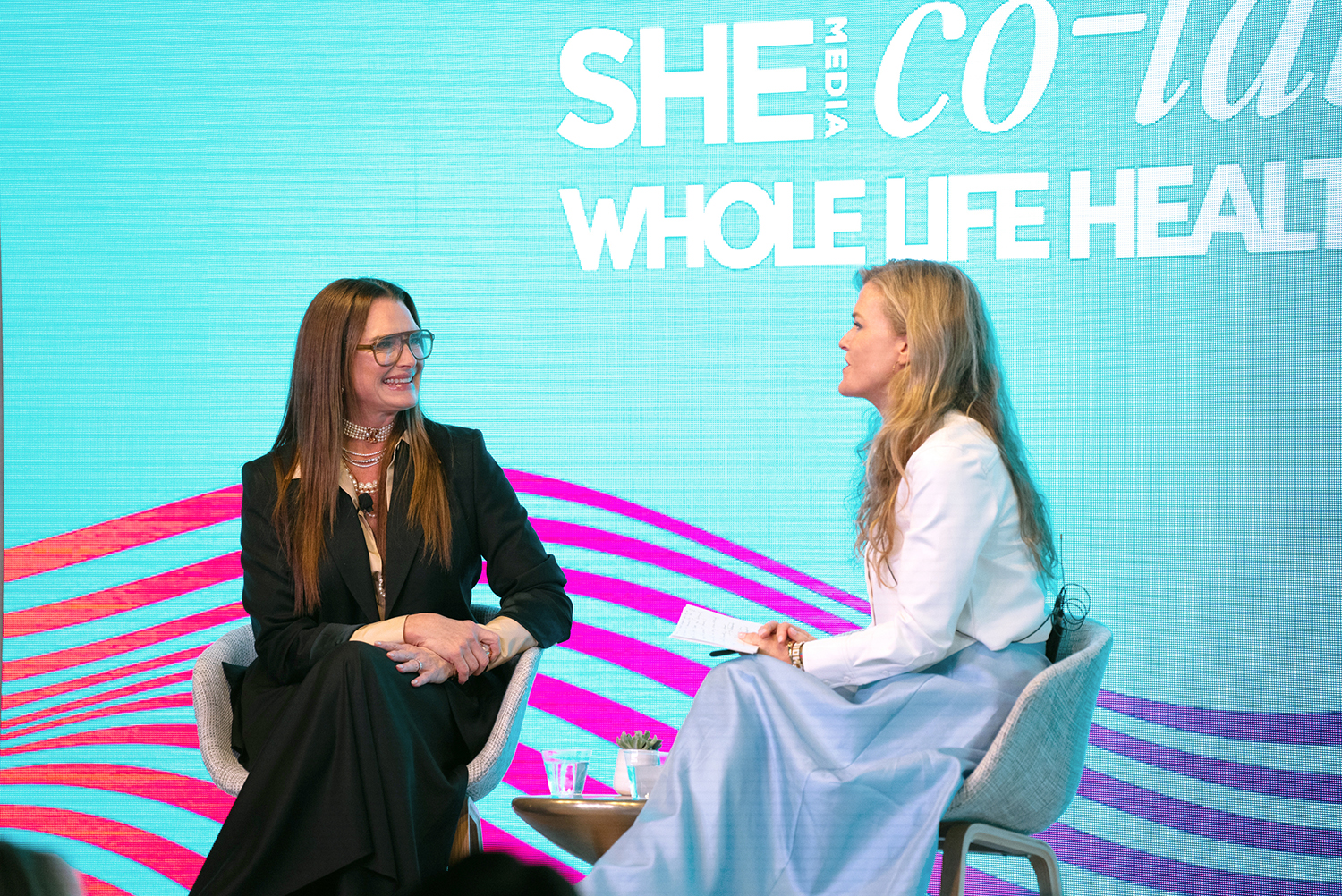

Olga Rosales Salinas
“Feeling like your well-being is all on you. Thinking that if you’re unwell, then it must be your fault.” Bravo! Thank you for sharing your experience, it sounds very much like mine. Let’s keep going!
Daphne Berryhill
Thanks Olga! I feel like there’s a collective moment of openness right now; the more we share, the more we realize we’re not alone. But I love what you said – “let’s keep going!” – because the more I see, the more I want to do to help change things, just like you’re doing 🙂
Amber
Oh my goodness Daphne, I resonate with everything you say- I had my last at 41 also, and have 5 kids ranging from 17 down to 3. I I really, really appreciate your wisdom, it means a lot. I’ll be passing this article on to the women I know.
Daphne Berryhill
Thank you so much for the feedback – that warms my heart! As moms, we all need help from each other.